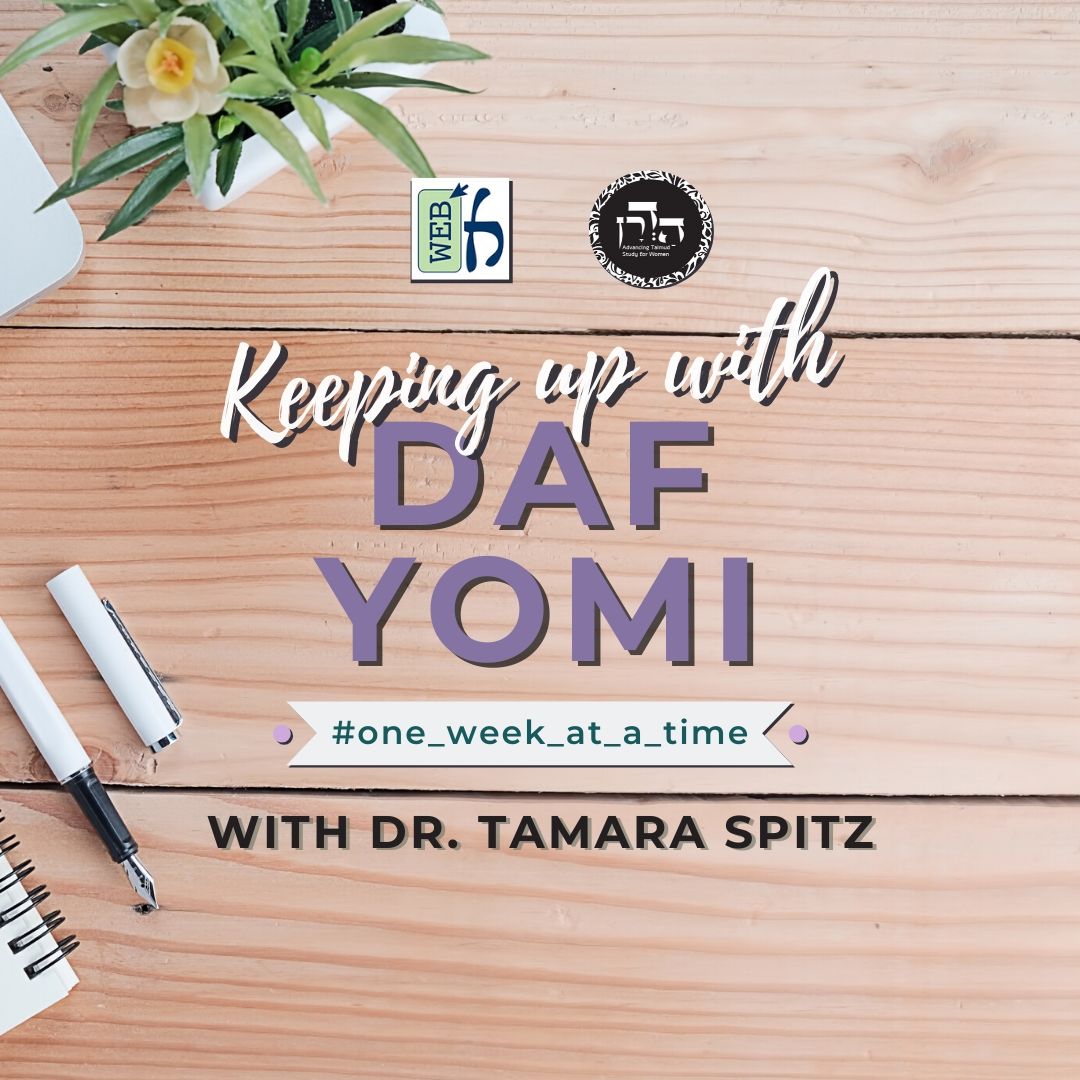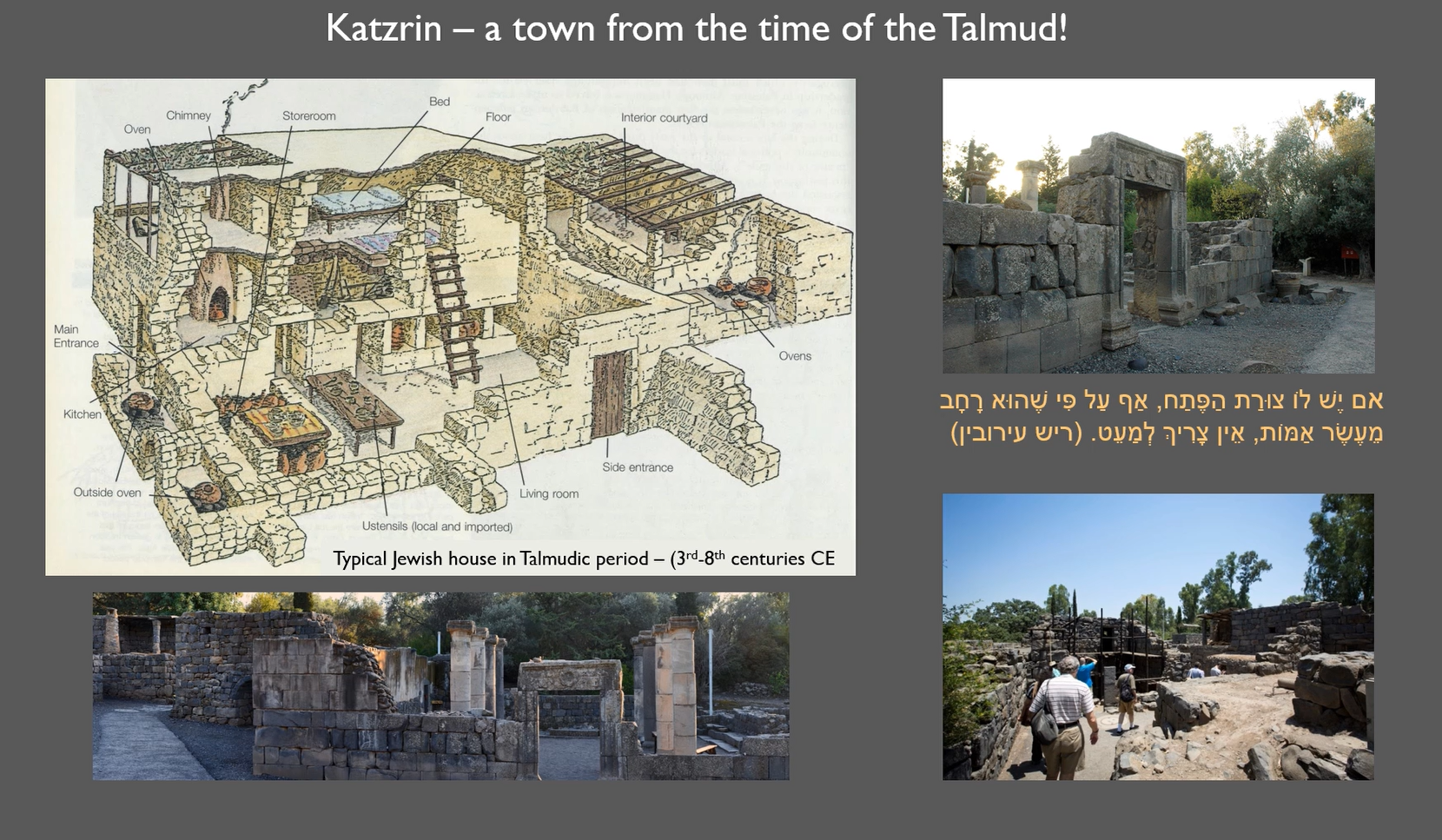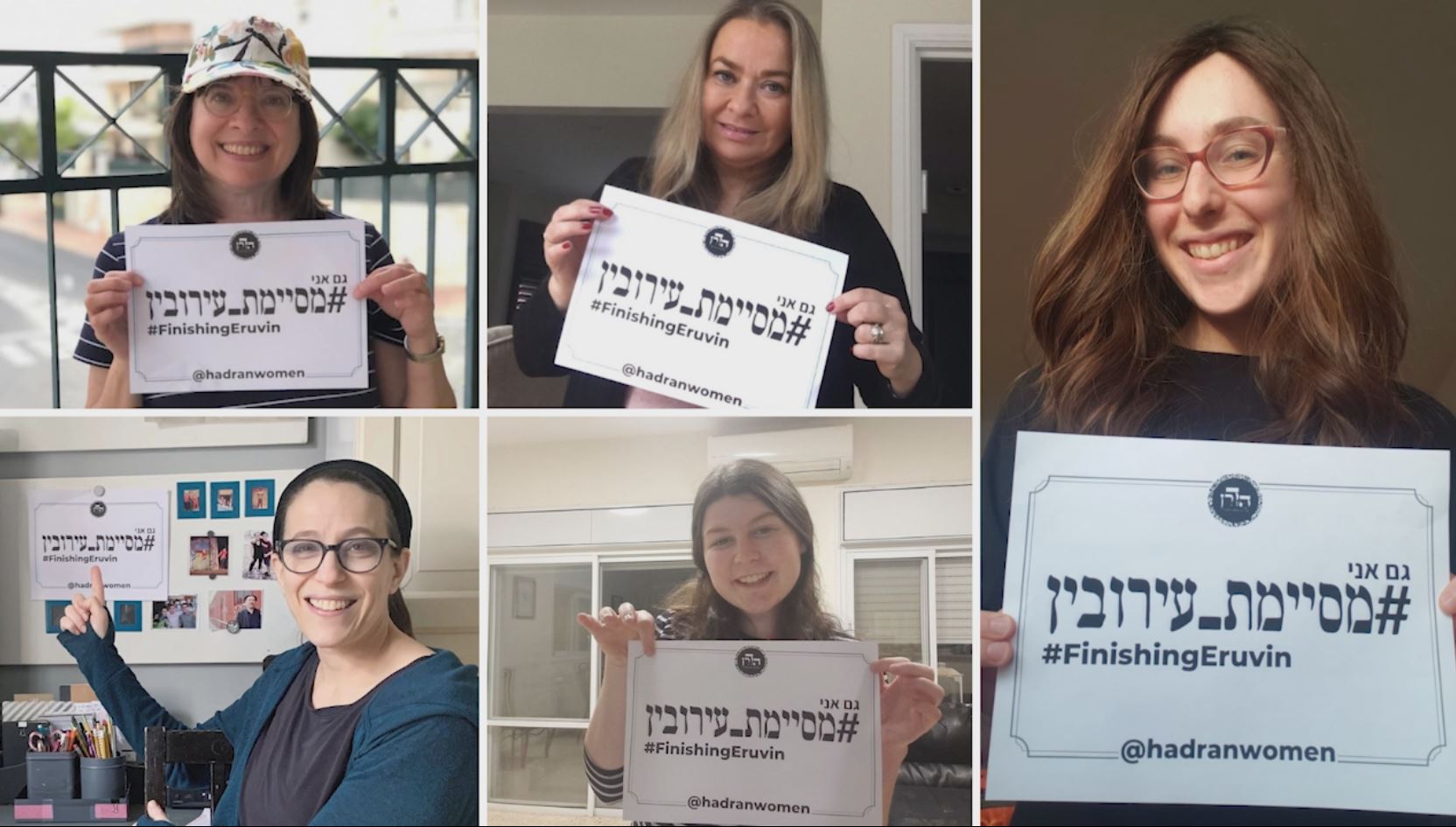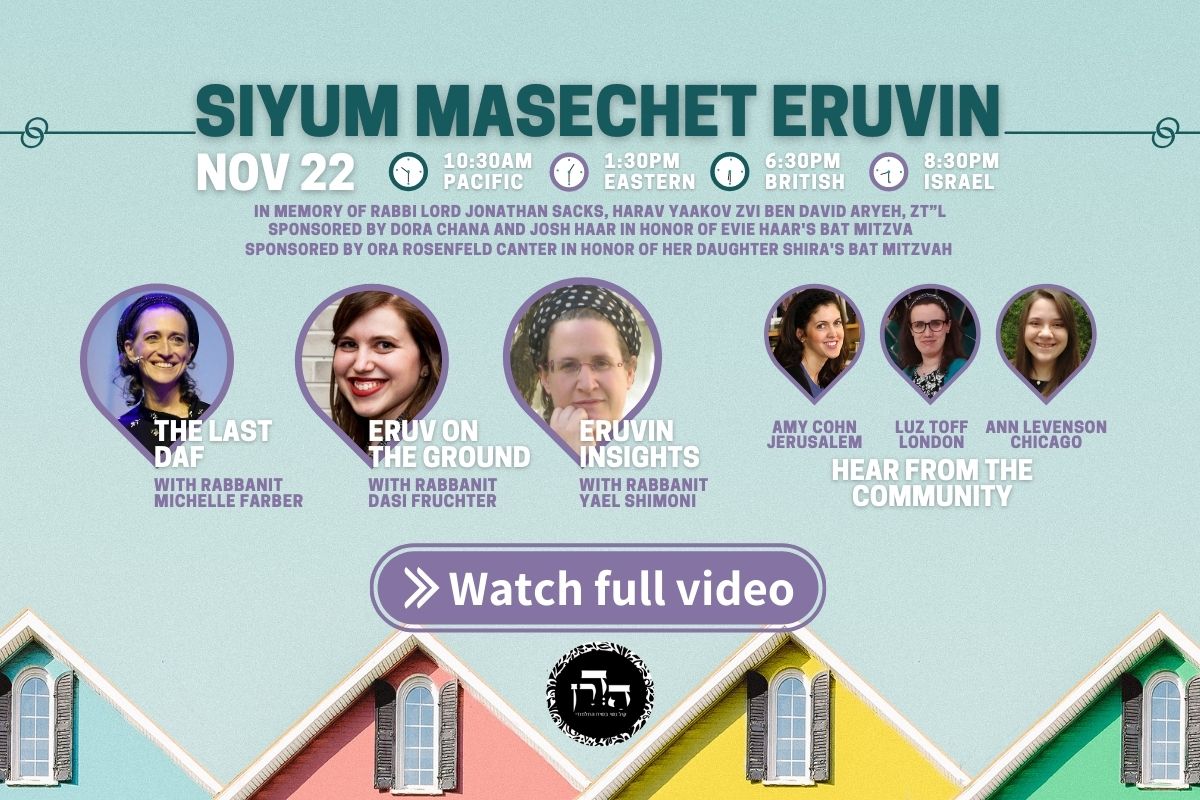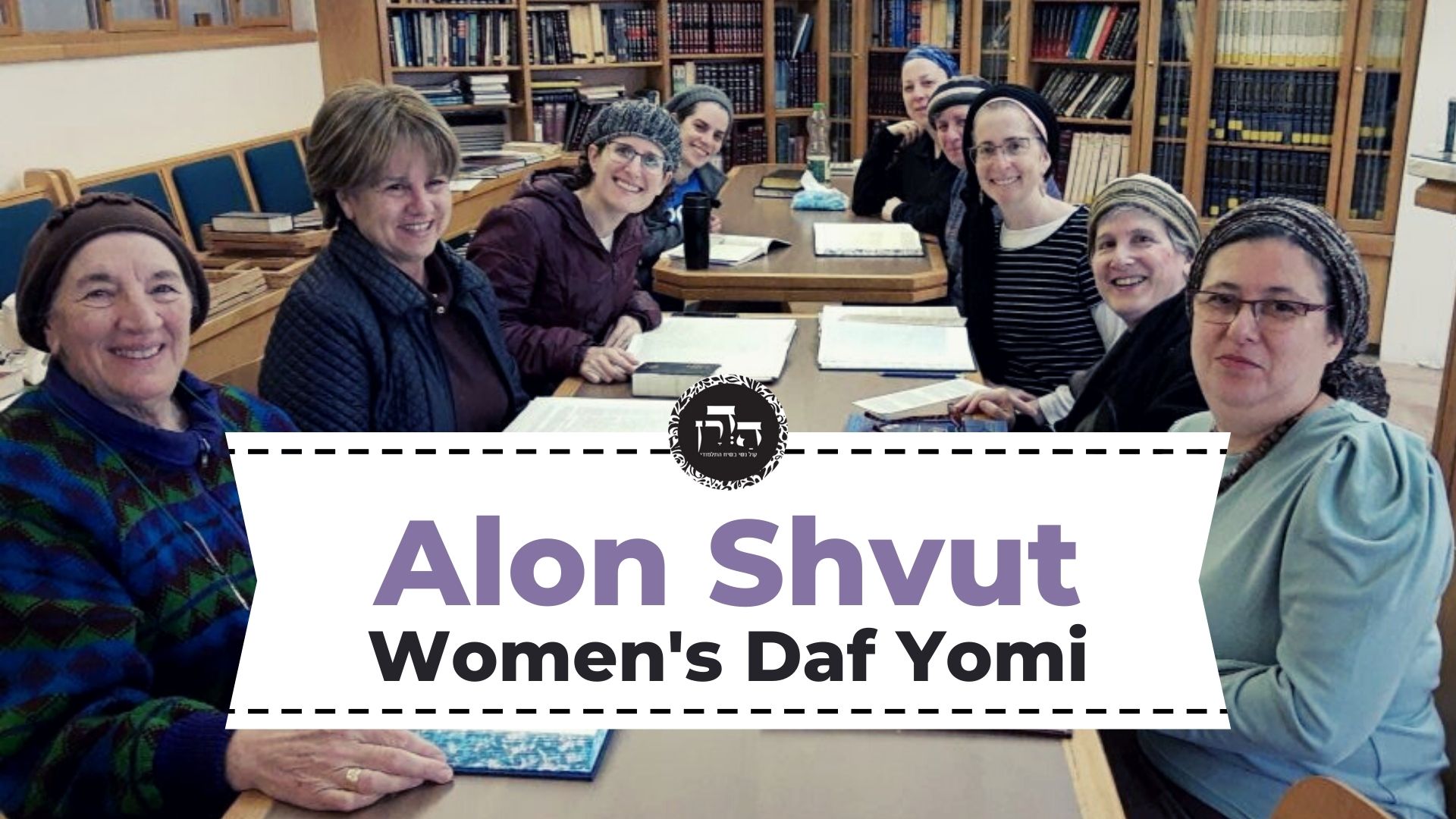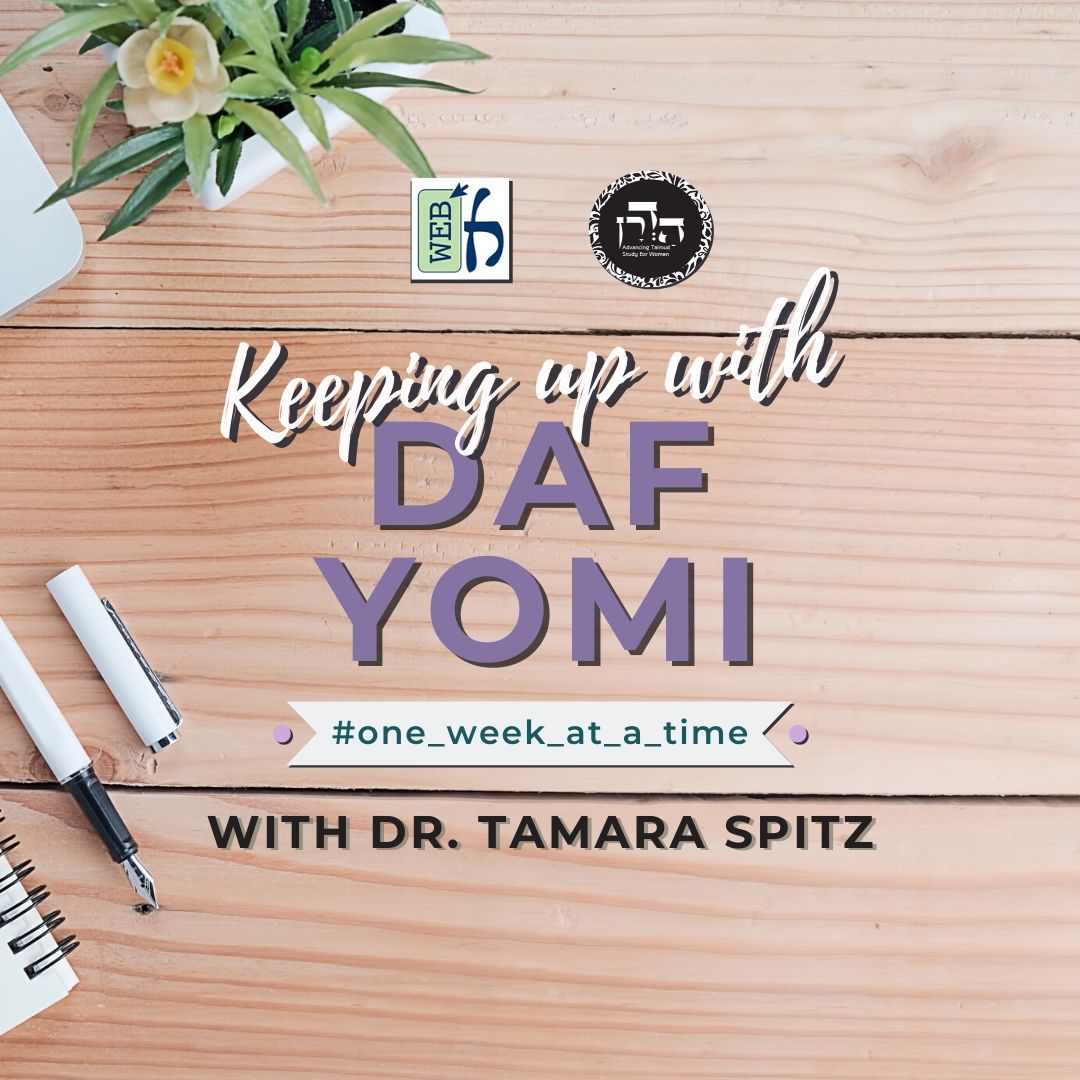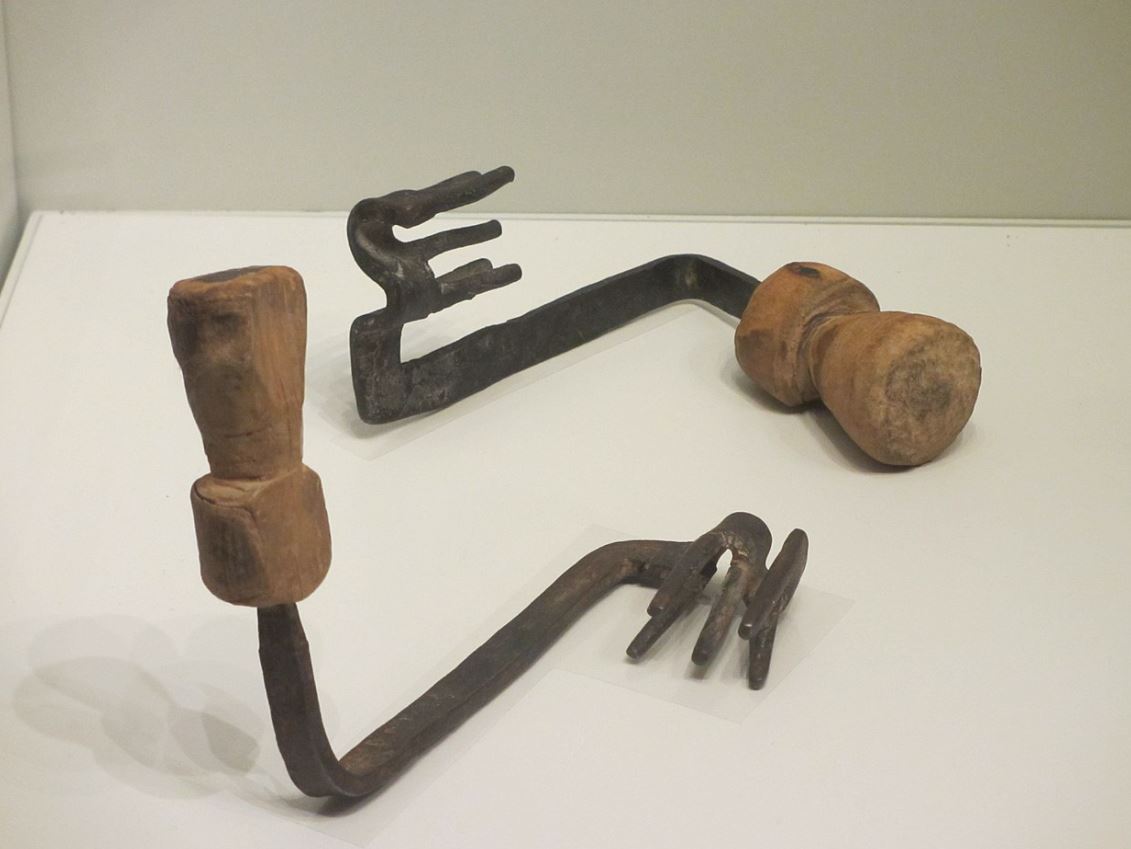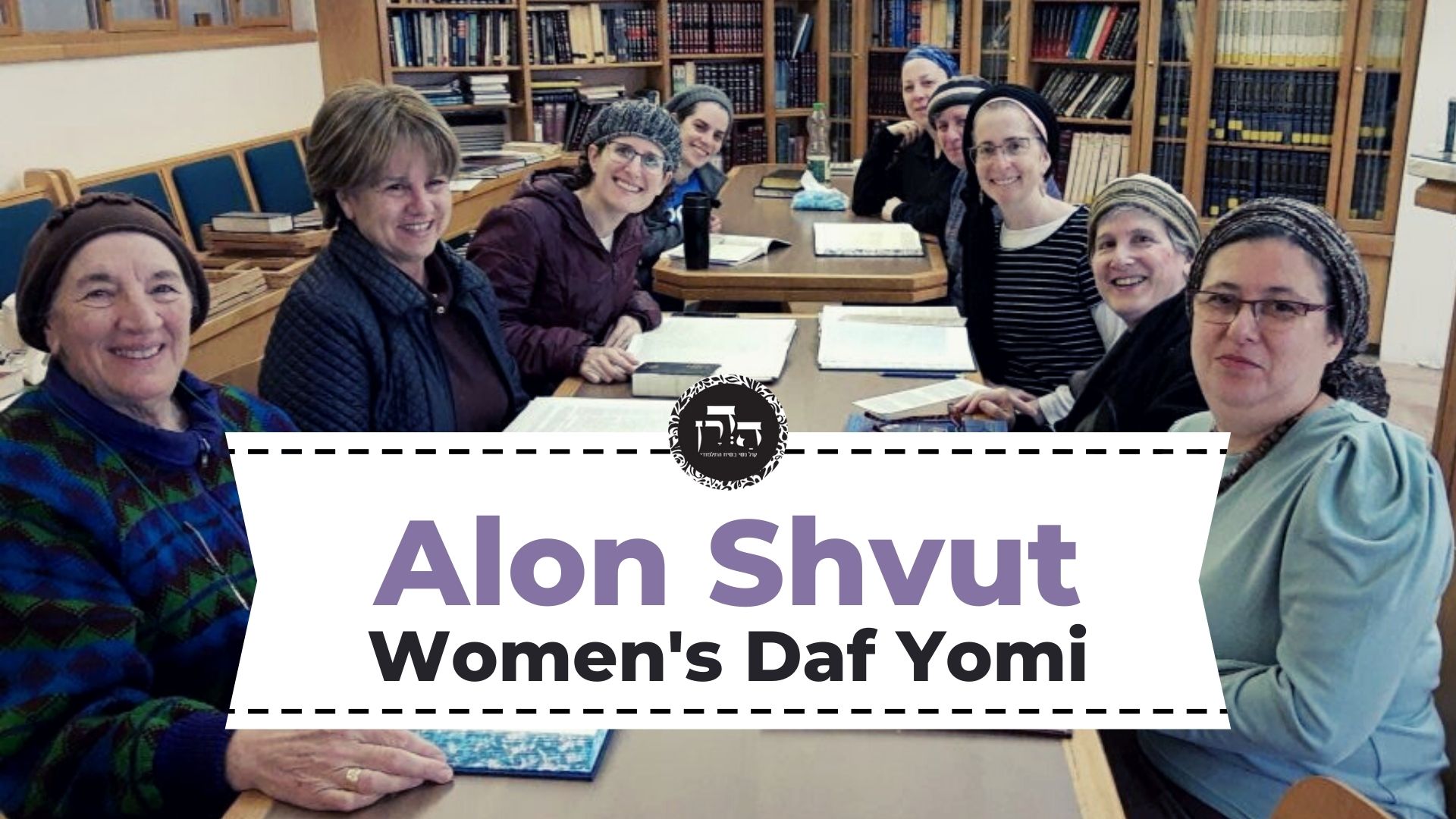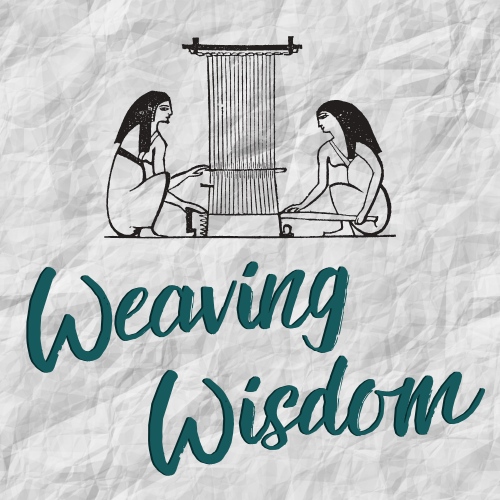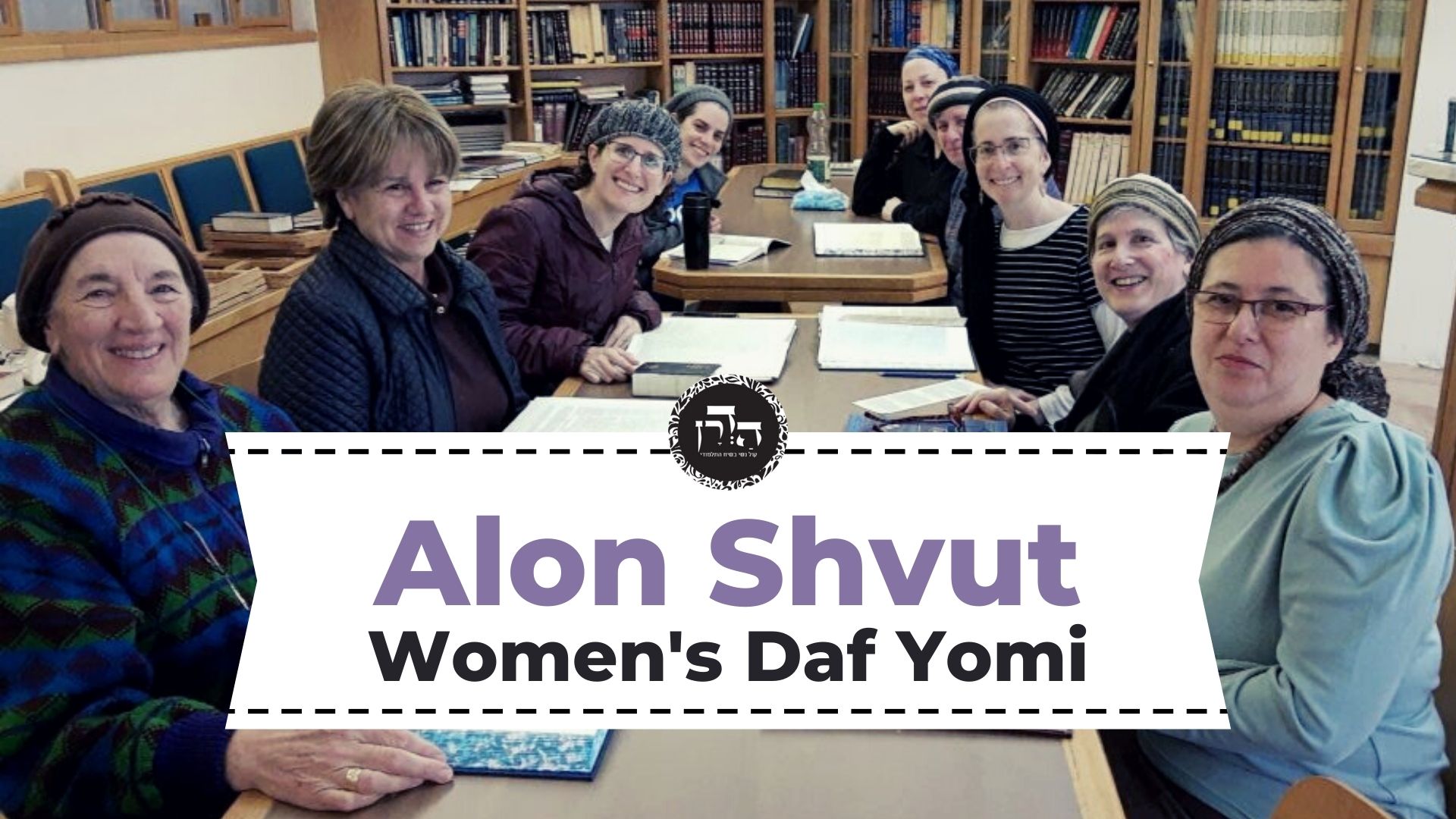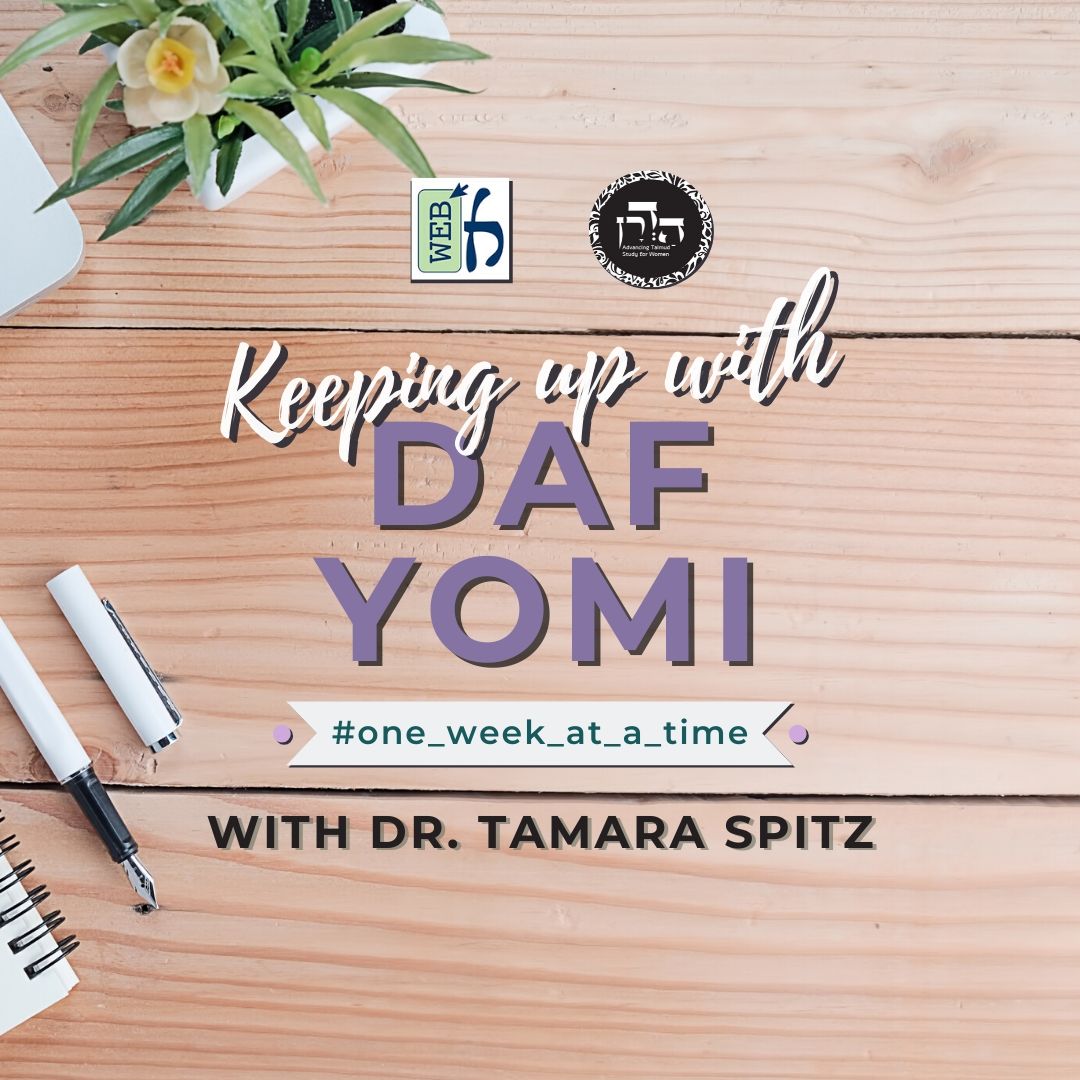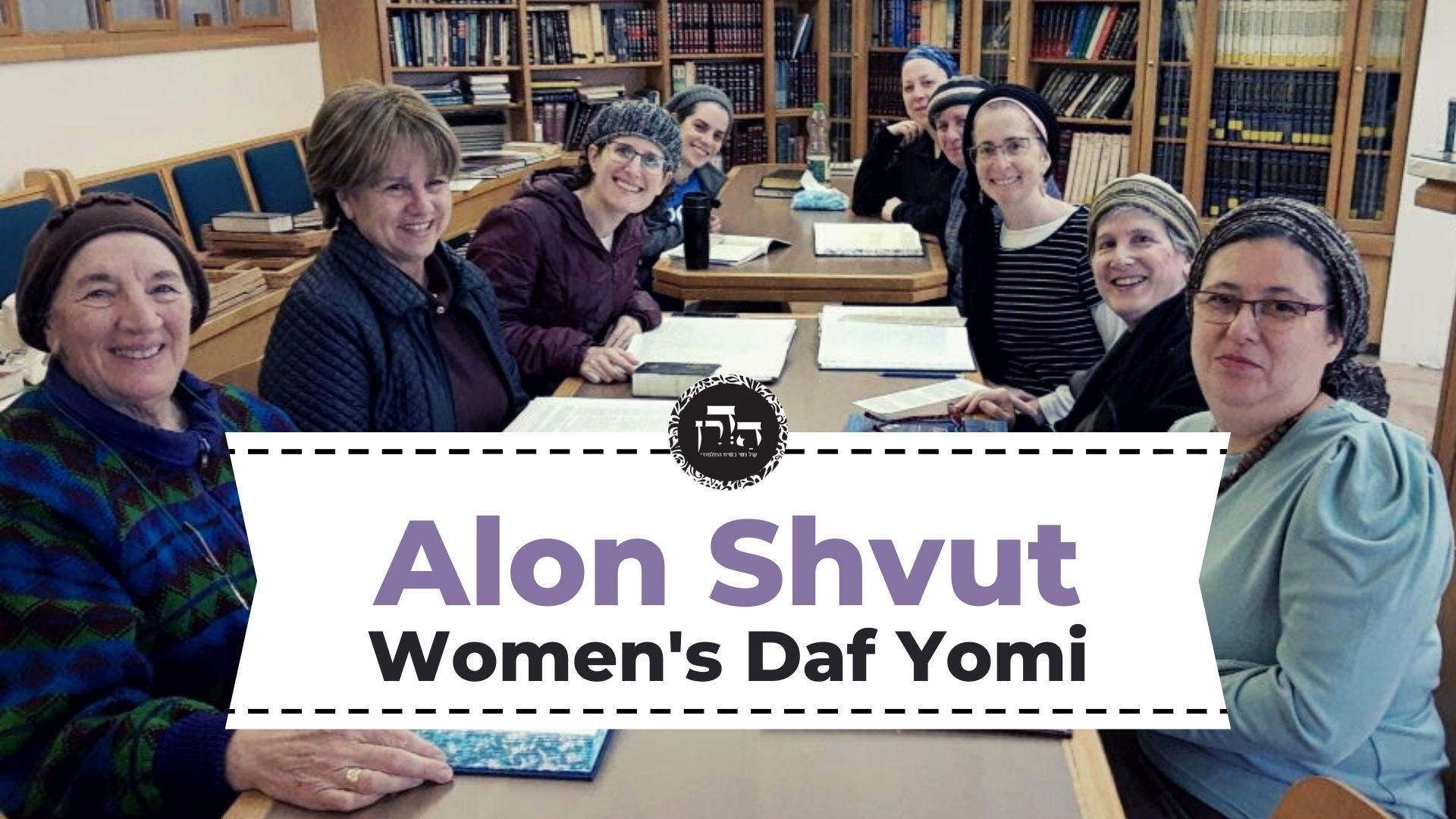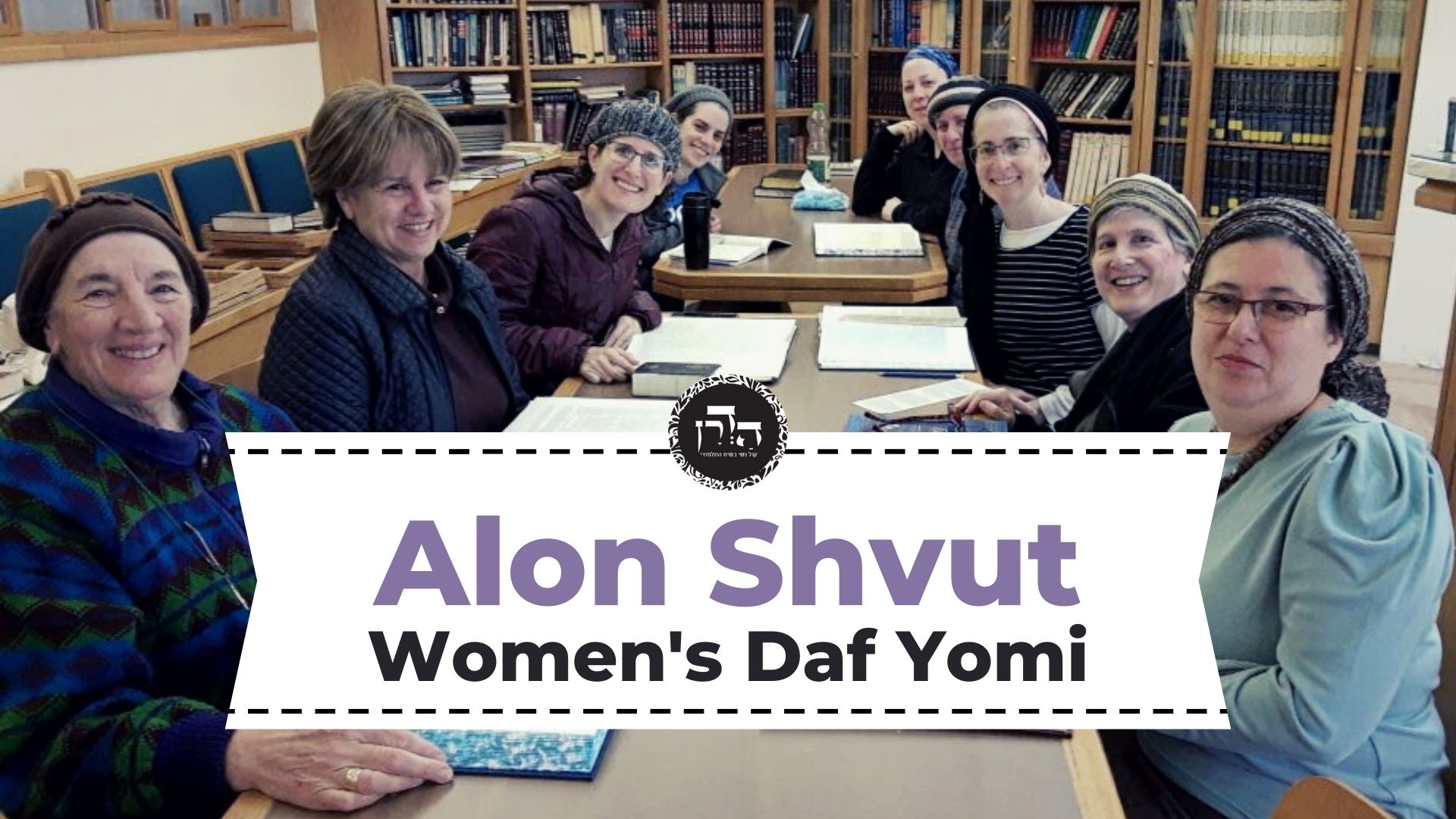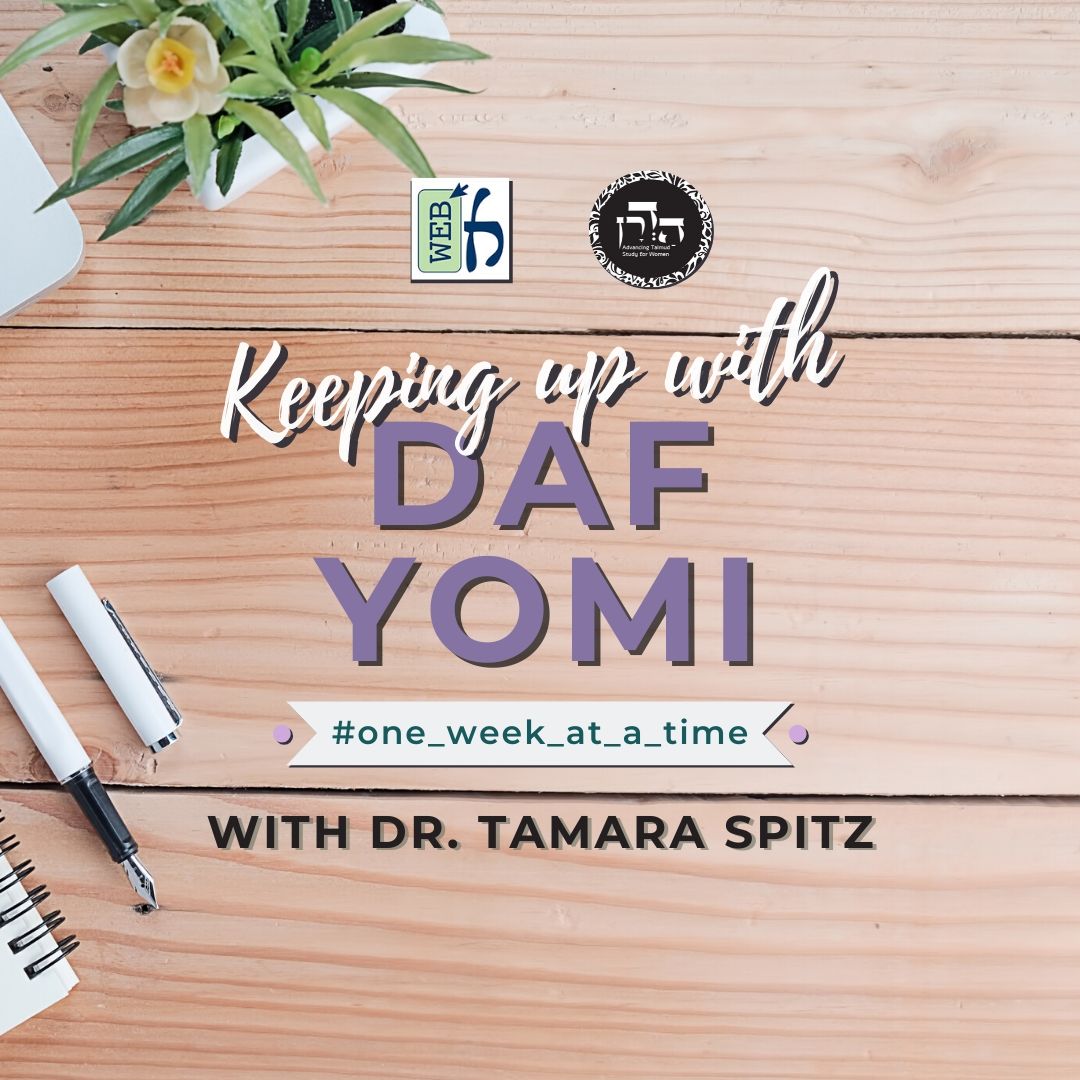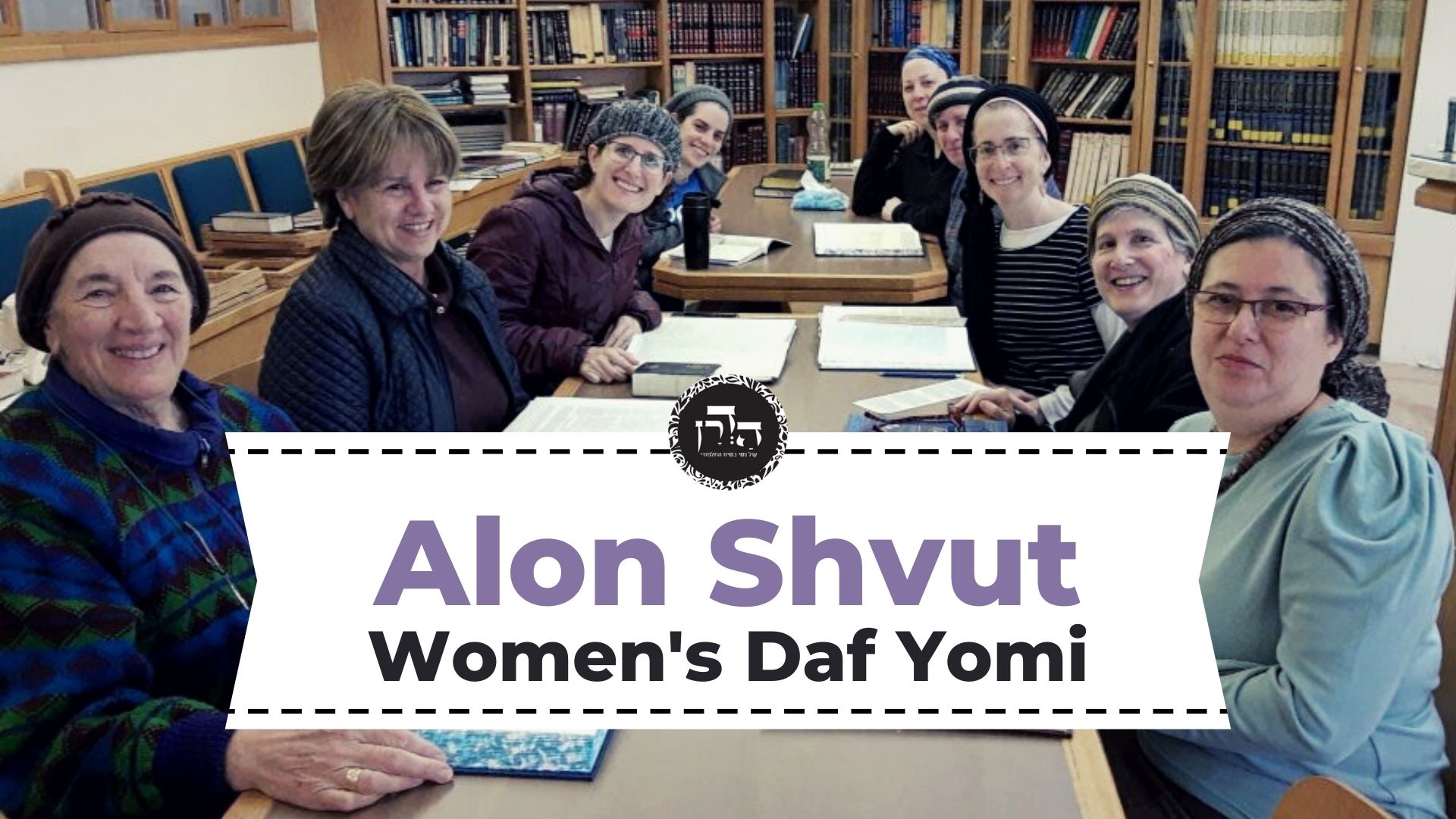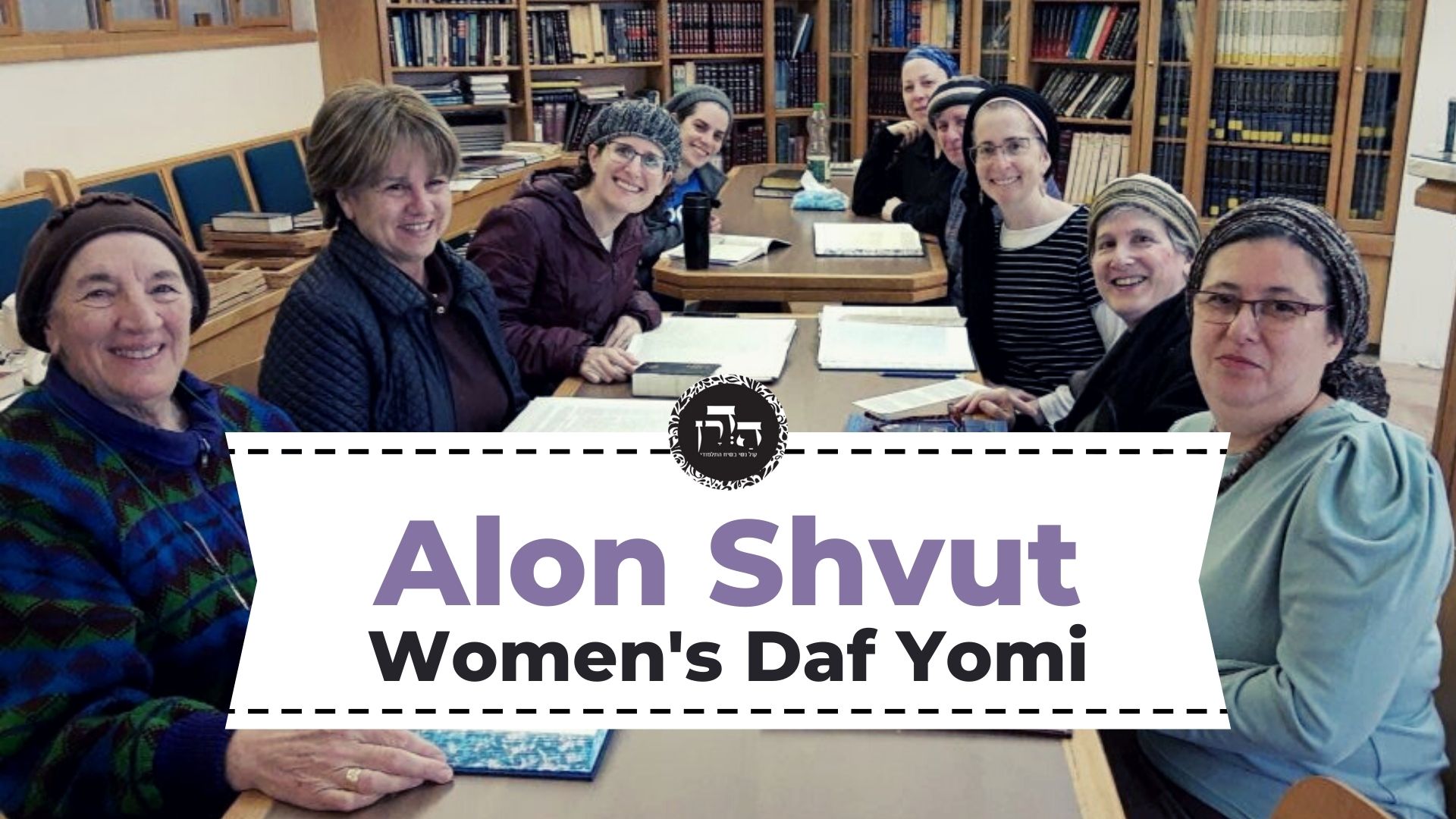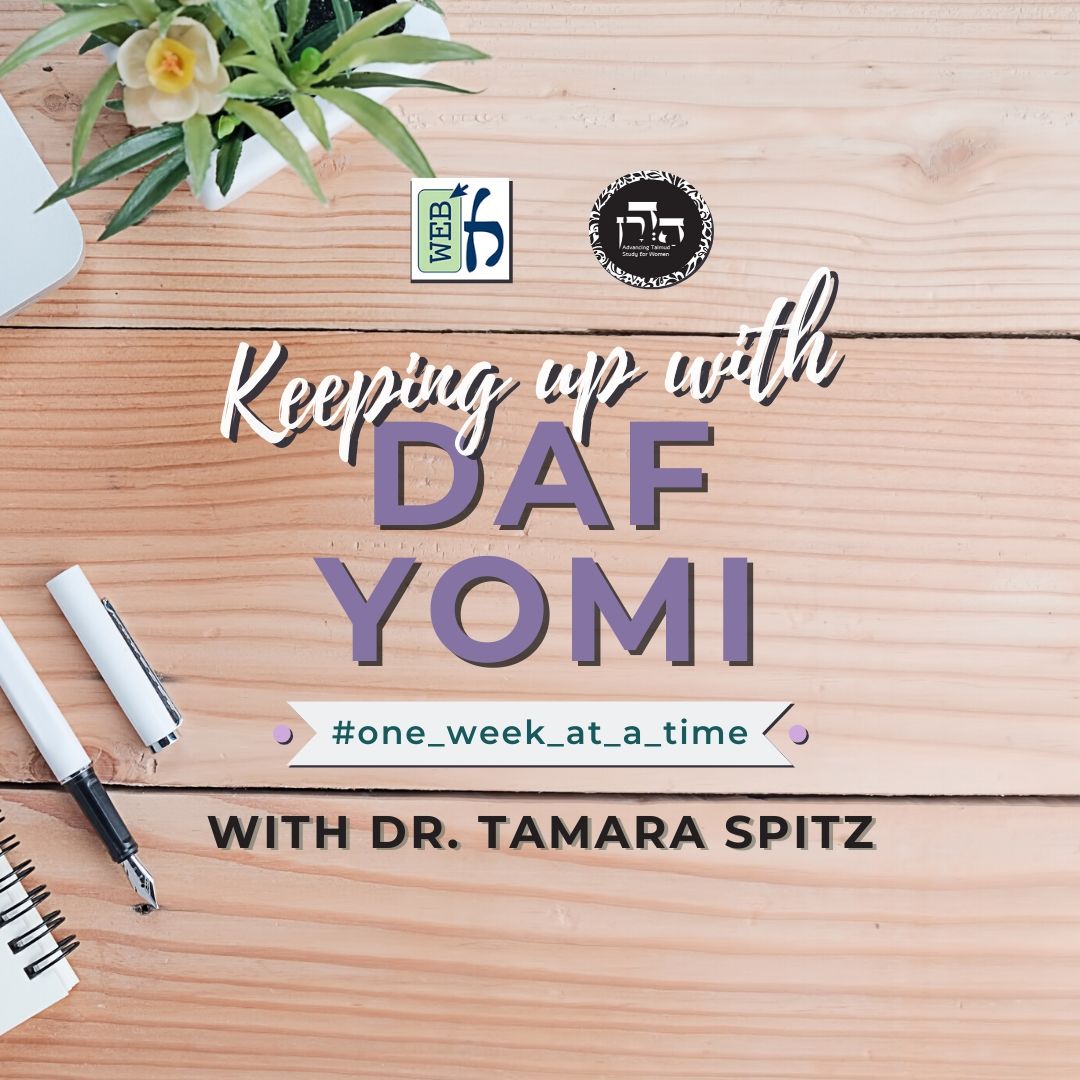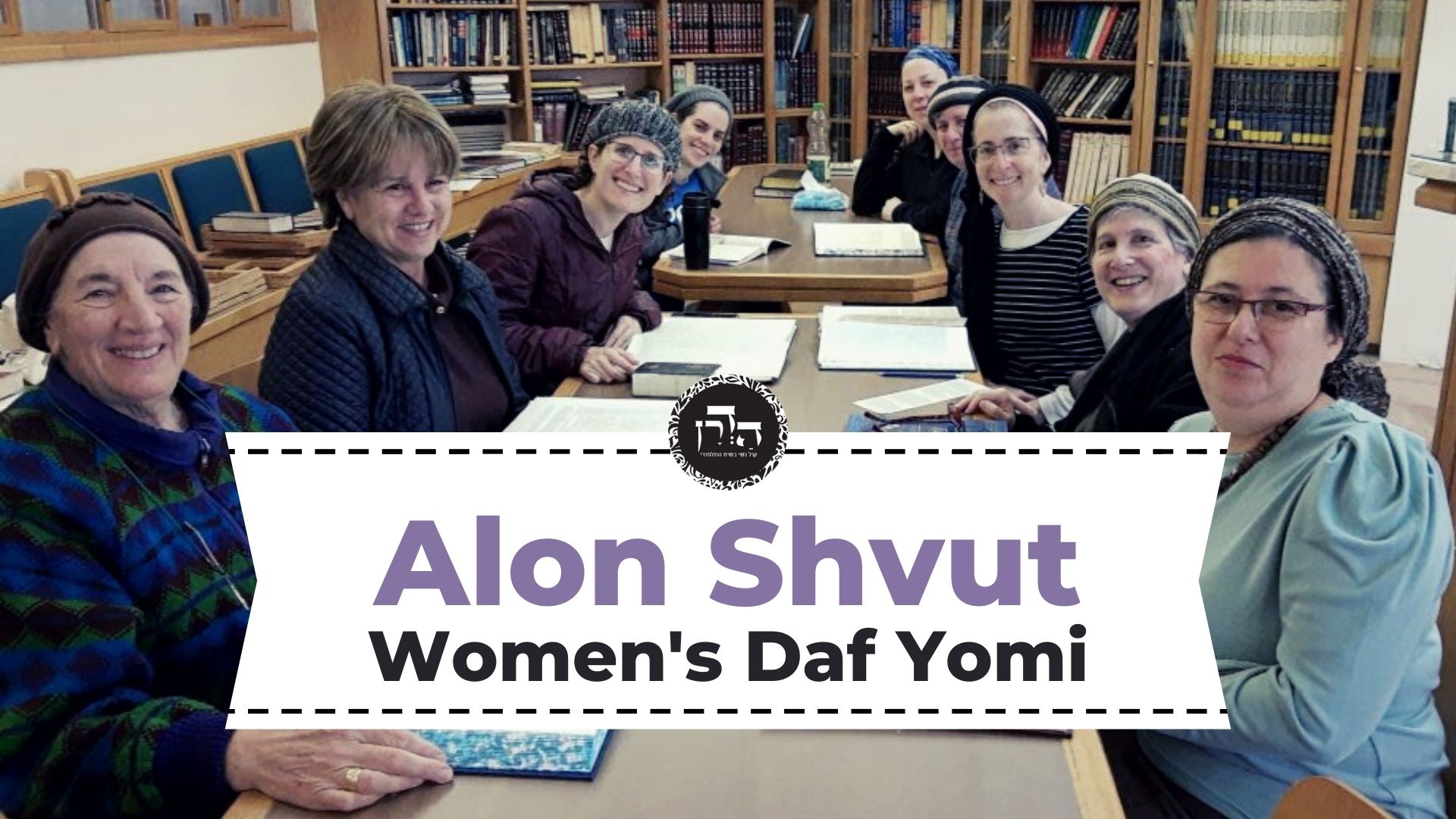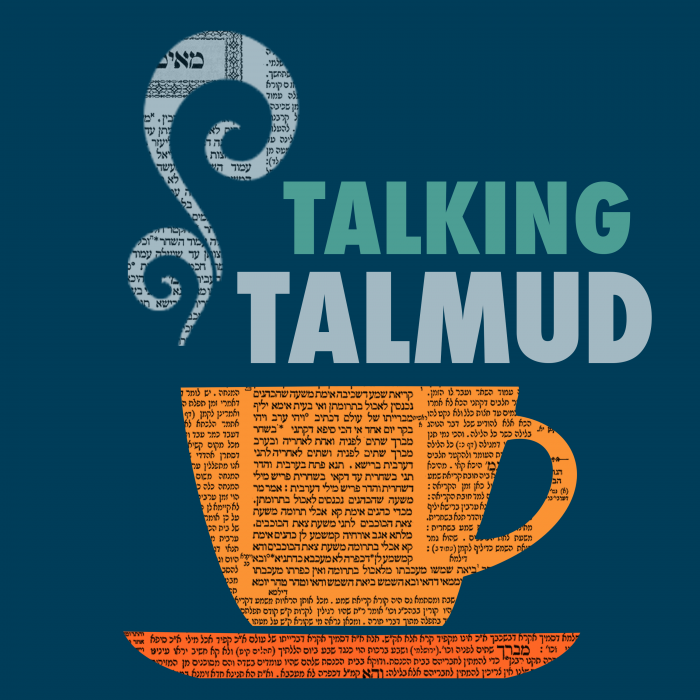Eruvin 86
פַּנּוּ מָקוֹם לְבֶן מָאתַיִם מָנֶה. אָמַר לְפָנָיו רַבִּי יִשְׁמָעֵאל בְּרַבִּי יוֹסֵי: רַבִּי, אָבִיו שֶׁל זֶה יֵשׁ לוֹ אֶלֶף סְפִינוֹת בַּיָּם, וּכְנֶגְדָּן אֶלֶף עֲיָירוֹת בַּיַּבָּשָׁה. אָמַר לוֹ: לִכְשֶׁתַּגִּיעַ אֵצֶל אָבִיו אֱמוֹר לוֹ: אַל תְּשַׁגְּרֵהוּ בַּכֵּלִים הַלָּלוּ לְפָנַי.
Make way even more for one who possesses two hundred maneh. Rabbi Yishmael, son of Rabbi Yosei, said before him: My teacher, Bonyas, father of this one, has a thousand ships out at sea and, corresponding to them, a thousand towns on land. He should be granted pride of place due to his exorbitant wealth. Rabbi Yehuda HaNasi said to him: When you reach his father, tell him: Do not send him to me in these garments. Dress him in accordance with his wealth and status, so that he will be honored accordingly.
רַבִּי מְכַבֵּד עֲשִׁירִים. רַבִּי עֲקִיבָא מְכַבֵּד עֲשִׁירִים. כִּדְדָרֵשׁ רָבָא בַּר מָרִי: ״יֵשֵׁב עוֹלָם לִפְנֵי אֱלֹהִים חֶסֶד וֶאֱמֶת מַן יִנְצְרֻהוּ״ — אֵימָתַי יֵשֵׁב עוֹלָם לִפְנֵי אֱלֹהִים? בִּזְמַן שֶׁחֶסֶד וֶאֱמֶת מַן יִנְצְרֻהוּ.
In explanation of this story, the Gemara comments: Rabbi Yehuda HaNasi would honor the wealthy, and Rabbi Akiva would likewise honor the wealthy, in accordance with Rava bar Mari’s interpretation of the verse: “May he be enthroned before God forever; appoint mercy and truth, that they may preserve him” (Psalms 61:8). When may he be enthroned before God forever? When he appoints [man] mercy and truth that they may preserve him. Rava bar Mari explains the word man as referring to portions of food and interprets the verse as follows: If one provides food to others, he deserves to be enthroned before God, to be shown honor and respect. Consequently, it is proper to honor the wealthy who bestow such kindnesses.
רַבָּה בַּר בַּר חָנָה אָמַר: כְּגוֹן יָתֵד שֶׁל מַחֲרֵישָׁה.
Rabba bar bar Ḥana said: What is considered a right of usage? For example, if the homeowner stores the pin of a plough in his tenant’s quarters. The tenant is prohibited to remove this pin from his residence on Shabbat due to its being set aside from use [muktze], and the homeowner therefore enjoys a fixed right of usage there.
אָמַר רַב נַחְמָן, תָּנָא דְּבֵי שְׁמוּאֵל: דָּבָר הַנִּיטָּל בְּשַׁבָּת — אוֹסֵר. דָּבָר שֶׁאֵינוֹ נִיטָּל בְּשַׁבָּת — אֵינוֹ אוֹסֵר.
Rav Naḥman said: A Sage of the school of Shmuel taught the following baraita: If the homeowner stores an object that can be moved on Shabbat with his tenant, the tenant’s residence renders the other residence prohibited if he neglected to join the eiruv. This is not considered a right of usage. If the object being stored is one that cannot be moved on Shabbat, the tenant’s residence does not render it prohibited for them to use the courtyard.
תַּנְיָא נָמֵי הָכִי: יֵשׁ לוֹ טֶבֶל, יֵשׁ לוֹ עֲשָׁשִׁית, וְכׇל דָּבָר שֶׁאֵינוֹ נִיטָּל בְּשַׁבָּת — אֵינוֹ אוֹסֵר.
The Gemara adds: So too, it was taught in a baraita that if the tenant has untithed produce that may not be moved on Shabbat; or if he has lumps of glass or iron; or anything else that may not be moved on Shabbat that the homeowner deposited with him, the tenant does not render it prohibited for the other residents to use the courtyard.
מַתְנִי׳ הַמַּנִּיחַ בֵּיתוֹ וְהָלַךְ לִשְׁבּוֹת בְּעִיר אַחֶרֶת, אֶחָד נׇכְרִי וְאֶחָד יִשְׂרָאֵל — הֲרֵי זֶה אוֹסֵר, דִּבְרֵי רַבִּי מֵאִיר. רַבִּי יְהוּדָה אוֹמֵר: אֵינוֹ אוֹסֵר.
MISHNA: One who leaves his house, which is located in a shared courtyard, and goes to spend Shabbat in a different town, whether he is a gentile or a Jew, he renders it prohibited for the other residents to use the courtyard as though he were still at home; this is the statement of Rabbi Meir. Rabbi Yehuda says: He does not render it prohibited for them, as he left behind him an empty residence.
רַבִּי יוֹסֵי אוֹמֵר: נׇכְרִי — אוֹסֵר, יִשְׂרָאֵל — אֵינוֹ אוֹסֵר, שֶׁאֵין דֶּרֶךְ יִשְׂרָאֵל לָבֹא בַּשַּׁבָּת.
Rabbi Yosei says: A gentile renders it prohibited but a Jew does not render it prohibited, as it is not the manner of a Jew to come home on Shabbat. A Jew will not return home, therefore his empty residence does not render it prohibited. By contrast, a gentile might return over the course of Shabbat. Therefore, he is not considered to have fully uprooted himself from his house, and he renders it prohibited.
רַבִּי שִׁמְעוֹן אוֹמֵר: אֲפִילּוּ הִנִּיחַ בֵּיתוֹ וְהָלַךְ לִשְׁבּוֹת אֵצֶל בִּתּוֹ בְּאוֹתָהּ הָעִיר — אֵינוֹ אוֹסֵר, שֶׁכְּבָר הִסִּיעַ מִלִּבּוֹ.
Rabbi Shimon says: Even if the Jew left his house and went to spend Shabbat with his daughter who lived in the same town, he does not render it prohibited. Although he can return home at any time, it is assumed that he has already removed from his mind any thought of going back there and has established his Shabbat residence away from his home.
גְּמָ׳ אָמַר רַב: הֲלָכָה כְּרַבִּי שִׁמְעוֹן. וְדַוְקָא בִּתּוֹ, אֲבָל בְּנוֹ — לָא. דְּאָמְרִי אִינָשֵׁי: נְבַח בָּךְ כַּלְבָּא — עוּל, נְבַח בָּךְ גּוּרַיְיתָא — פּוֹק.
GEMARA: Rav said: The halakha is in accordance with the opinion of Rabbi Shimon. The Gemara comments: And this is the halakha only if one went to his daughter’s house; but if he went to his son’s house, no, this is not the halakha. One cannot be sure that he will be able to stay at his son’s house, for his daughter-in-law might object to his presence and force him to return home. As people say: If a dog barks at you, enter; if a female dog barks at you, leave. In other words, the objections of a female, such as one’s daughter-in-law, who will certainly not be opposed by her husband, are more powerful than those of a male, such as one’s son-in-law.
מַתְנִי׳ בּוֹר שֶׁבֵּין שְׁתֵּי חֲצֵירוֹת — אֵין מְמַלְּאִין מִמֶּנּוּ בַּשַּׁבָּת, אֶלָּא אִם כֵּן עָשׂוּ לוֹ מְחִיצָה גְּבוֹהָ עֲשָׂרָה טְפָחִים, בֵּין מִלְּמַטָּה, בֵּין מִתּוֹךְ אוֹגְנוֹ.
MISHNA: In the case of a cistern that is located between two courtyards, situated partly in each courtyard, one may not draw water from it on Shabbat, lest the residents of one courtyard draw water from the domain of the other courtyard, unless a partition ten handbreadths high was erected for it as a separation between the domains. This partition is effective whether it is below, in the water, or whether it is within the airspace of the cistern below the rim, above the surface of the water.
רַבָּן שִׁמְעוֹן בֶּן גַּמְלִיאֵל אוֹמֵר: בֵּית שַׁמַּאי אוֹמְרִים מִלְּמַטָּה, וּבֵית הִלֵּל אוֹמְרִים מִלְּמַעְלָה. אָמַר רַבִּי יְהוּדָה: לֹא תְּהֵא מְחִיצָה גְּדוֹלָה מִן הַכּוֹתֶל שֶׁבֵּינֵיהֶם.
Rabban Shimon ben Gamliel said: This is the subject of an early dispute of tanna’im, as Beit Shammai said that the partition, which permits drawing water, must be placed below; and Beit Hillel said it should be positioned above. Rabbi Yehuda said: A partition is no better than the wall between them. A wall dividing the two courtyards passes over the cistern, therefore it is not necessary to erect an additional partition in the cistern’s airspace.
גְּמָ׳ אָמַר רַב הוּנָא: לְמַטָּה — לְמַטָּה מַמָּשׁ, לְמַעְלָה — לְמַעְלָה מַמָּשׁ, וְזֶה וָזֶה בְּבוֹר. וְרַב יְהוּדָה אָמַר: לְמַטָּה — לְמַטָּה מִן הַמַּיִם, לְמַעְלָה — לְמַעְלָה מִן הַמַּיִם.
GEMARA: Rav Huna said: When Beit Shammai said below, they meant actually below, near the water; the partition need not touch the water itself. When Beit Hillel said above, they meant actually above, higher than the water and near the rim of the cistern. And both of these are within the airspace of the cistern. And Rav Yehuda said: Below means below the water, so that part of the partition is inside the water; whereas above means above the water, in such a manner that the partition does not come into contact with the water.
אֲמַר לֵיהּ רַבָּה בַּר רַב חָנָן לְאַבָּיֵי: הָא דְּאָמַר רַב יְהוּדָה ״לְמַטָּה — לְמַטָּה מִן הַמַּיִם״, מַאי שְׁנָא לְמַטָּה מַמָּשׁ דְּלָא? דַּעֲרִיבִי מַיָּא. לְמַטָּה מִן הַמַּיִם נָמֵי, הָא עֲרִיבִי מַיָּא?!
Rabba bar Rav Ḥanan said to Abaye: With regard to that which Rav Yehuda said: Below means below the water, what is different about a case where the partition is actually below, in the airspace of the cistern near the water, that led Rav Yehuda to say that one may not draw water in that case? It is because he was concerned lest the water of the two courtyards become intermingled beneath the partition. In a case where the partition is located below the water, near the bottom of the cistern, as well, won’t the water of the two courtyards become intermingled above it?
אֲמַר לֵיהּ: לָא שְׁמִיעַ לָךְ הָא דְּאָמַר רַב יְהוּדָה אָמַר רַב, וּמָטוּ בָּהּ מִשּׁוּם רַבִּי חִיָּיא: צָרִיךְ שֶׁיֵּרָאוּ רֹאשָׁן שֶׁל קָנִים לְמַעְלָה מִן הַמַּיִם טֶפַח.
Abaye said to him: Didn’t you hear that which Rav Yehuda said that Rav said, and some arrived at this statement in the name of Rabbi Ḥiyya: The tops of the reeds of the partition must be visible a handbreadth above the surface of the water? This will ensure that there is a full partition between the two sides of the cistern.
וְתוּ, הָא דְּאָמַר רַב יְהוּדָה: ״לְמַעְלָה — לְמַעְלָה מִן הַמַּיִם״. מַאי שְׁנָא לְמַעְלָה מַמָּשׁ דְּלָא? דַּעֲרִיבִי מַיָּא. לְמַעְלָה מִן הַמַּיִם נָמֵי, הָא עֲרִיבִי מַיָּא?! אֲמַר לֵיהּ: לָא שְׁמִיעַ לָךְ הָא דְּתָנֵי יַעֲקֹב קַרְחִינָאָה: צָרִיךְ שֶׁיְּשַׁקַּע רָאשֵׁי קָנִים בַּמַּיִם טֶפַח.
And Rabba bar Rav Ḥanan further asked: With regard to that which Rav Yehuda said: Above means above the water, we can inquire: What is different about a case where the partition is actually above, i.e., near the rim of the cistern that led Rav Yehuda to say that one may not draw water in that case? It is because he was concerned lest the water of the two courtyards become intermingled beneath the partition. However, even if the partition is above the water below the rim of the cistern, the water of the two courtyards will also become intermingled beneath it. Abaye said to him: Haven’t you heard that which Ya’akov from Karḥina taught: The ends of the reeds of a partition must be immersed at least a handbreadth into the water, so that they divide the water in the cistern?
וְאֶלָּא הָא דְּאָמַר רַב יְהוּדָה: קוֹרָה אַרְבַּע מַתֶּרֶת בְּחוּרְבָּה, וְרַב נַחְמָן אָמַר רַבָּה בַּר אֲבוּהּ:
But the Gemara raises a further question. Rav Yehuda said: If there is a cross beam of four handbreadths, it permits one to carry underneath it in a ruin. If a crossbeam four handbreadths wide is laid across the walls of a ruin, its edges are viewed as though they descended to the ground on each side, thereby forming partitions that permit one to carry under the cross beam. And Rav Naḥman said that Rabba bar Avuh said:
קוֹרָה אַרְבָּעָה מַתֶּרֶת בְּמַיִם.
A cross beam of four handbreadths laid across a cistern located between two courtyards permits one to draw water from that cistern.
הָא קָא אָזֵיל דְּלִי לְאִידַּךְ גִּיסָא, וּמַיְיתֵי? קִים לְהוּ לְרַבָּנַן דְּאֵין דְּלִי מְהַלֵּךְ יוֹתֵר מֵאַרְבָּעָה טְפָחִים.
With this in mind, the following difficulty arises: The bucket he uses to draw the water might drift under the cross beam to the other side of the cistern and bring water from the other courtyard. The Gemara answers: The Sages have established that a bucket does not drift more than four handbreadths from the point where it was lowered, and it will therefore stay on its original side of the partition.
תַּחַת קוֹרָה מִיהָא הָא עֲרִיבִי מַיָּא! אֶלָּא מִשּׁוּם דְּקַל הוּא שֶׁהֵקֵילּוּ חֲכָמִים בְּמַיִם. כְּדִבְעָא מִינֵּיהּ רַבִּי טַבְלָא מֵרַב: מְחִיצָה תְּלוּיָה, מַהוּ שֶׁתַּתִּיר בְּחוּרְבָּה? אֲמַר לֵיהּ: אֵין מְחִיצָה תְּלוּיָה מַתֶּרֶת אֶלָּא בְּמַיִם, קַל הוּא שֶׁהֵקֵילּוּ חֲכָמִים בַּמַּיִם.
The Gemara raises a difficulty: Nonetheless, the water becomes intermingled under the cross beam, and consequently the bucket will bring up water from the other courtyard. Rather, it must be that the reason for the leniency is not that the cross beam actually prevents the flow of the water, but because the Sages were lenient with regard to water. They allowed a partition suspended above the water to be considered as though it blocked the flow of the water. As Rav Tavla asked of Rav: With regard to a suspended partition, does it permit carrying in a ruin? Do we say that the remnants of the walls suspended in the air are considered as though they descended to the ground and closed off the area, thereby rendering it a private domain? Rav said to him: A suspended partition of this kind permits carrying only in the case of water, as the Sages were lenient with regard to water.
אָמַר רַבִּי יְהוּדָה, לֹא תְּהֵא מְחִיצָה. אָמַר רַבָּה בַּר בַּר חָנָה אָמַר רַבִּי יוֹחָנָן: רַבִּי יְהוּדָה בְּשִׁיטַת רַבִּי יוֹסֵי אֲמָרָהּ, דְּאָמַר: מְחִיצָה תְּלוּיָה מַתֶּרֶת אֲפִילּוּ בַּיַּבָּשָׁה.
The mishna teaches: Rabbi Yehuda said: There is no need for a partition in the cistern, as a partition inside a cistern is no better than the wall above it. Rabba bar bar Ḥana said that Rabbi Yoḥanan said: Rabbi Yehuda stated this in accordance with the opinion of Rabbi Yosei, who said: A suspended partition permits carrying even on land, as it is considered as though it descended to the ground and sealed off the area. Accordingly, there is no need to erect a partition inside the airspace of a cistern.
דִּתְנַן: הַמְשַׁלְשֵׁל דְּפָנוֹת מִלְּמַעְלָה לְמַטָּה, בִּזְמַן שֶׁגְּבוֹהוֹת מִן הָאָרֶץ שְׁלֹשָׁה טְפָחִים — פְּסוּלָה. מִמַּטָּה לְמַעְלָה, אִם גְּבוֹהוֹת עֲשָׂרָה טְפָחִים — כְּשֵׁירָה.
As we learned in a mishna: One who lowers sukka walls from above going downward, when the walls are three handbreadths higher than the ground, the sukka is invalid, as they are not considered partitions; but if he constructed walls from below going upward, if they are ten handbreadths high the sukka is valid, even if they do not reach the roofing.
רַבִּי יוֹסֵי אוֹמֵר: כְּשֵׁם שֶׁמִּלְּמַטָּה לְמַעְלָה עֲשָׂרָה, כָּךְ מִלְּמַעְלָה לְמַטָּה עֲשָׂרָה.
Rabbi Yosei, however, says: Just as with regard to walls constructed from below going upward, ten handbreadths suffice, so too, in the case of walls built from above going downward, ten handbreadths are enough for it to be considered a whole wall, even if it more than three handbreadths above the ground. Similarly, Rabbi Yehuda maintains that a partition suspended above a cistern is considered as though it descended and sealed off the area.
וְלָא הִיא, לָא רַבִּי יְהוּדָה סָבַר לַהּ כְּרַבִּי יוֹסֵי וְלָא רַבִּי יוֹסֵי סָבַר לַהּ כְּרַבִּי יְהוּדָה.
The Gemara rejects this argument: But this is not so, for we can distinguish between the two opinions and claim that neither Rabbi Yehuda holds in accordance with Rabbi Yosei, nor does Rabbi Yosei hold in accordance with Rabbi Yehuda.
רַבִּי יְהוּדָה לָא סָבַר לַהּ כְּרַבִּי יוֹסֵי: עַד כָּאן לָא קָאָמַר רַבִּי יְהוּדָה אֶלָּא בְּעֵירוּבֵי חֲצֵירוֹת דְּרַבָּנַן, אֲבָל סוּכָּה דְּאוֹרָיְיתָא — לָא.
The Gemara elaborates: Rabbi Yehuda does not necessarily hold in accordance with Rabbi Yosei, as a distinction can be made between the two cases. Rabbi Yehuda stated his opinion only with regard to the joining of courtyards, which are required by rabbinic law, but in the case of a sukka, which is required by Torah law, no, he did not say that we can rely on suspended partitions.
וְלָא רַבִּי יוֹסֵי סָבַר לַהּ כְּרַבִּי יְהוּדָה: עַד כָּאן לָא קָאָמַר רַבִּי יוֹסֵי אֶלָּא בְּסוּכָּה דְּאִיסּוּר עֲשֵׂה הוּא, אֲבָל שַׁבָּת דְּאִיסּוּר סְקִילָה הוּא — לֹא אָמַר.
And conversely, Rabbi Yosei does not necessarily hold in accordance with Rabbi Yehuda, as Rabbi Yosei stated his opinion only with regard to a sukka, which is a prohibition stated in the Torah from a positive commandment. The prohibition is not written as a negative commandment, but it can be inferred from a positive commandment. Neglect of the positive commandment of sukka is not punishable by the court, therefore we are not stringent in this regard. But with regard to Shabbat, which is a prohibition punishable by stoning, Rabbi Yosei did not state his opinion. Consequently, Rabbi Yosei might agree that we must be very stringent with regard to all halakhot of Shabbat, even those that are rabbinic in origin.
וְאִם תֹּאמַר: אוֹתוֹ מַעֲשֶׂה שֶׁנַּעֲשָׂה בְּצִיפּוֹרִי, עַל פִּי מִי נַעֲשָׂה? לֹא עַל פִּי רַבִּי יוֹסֵי, אֶלָּא עַל פִּי רַבִּי יִשְׁמָעֵאל בְּרַבִּי יוֹסֵי נַעֲשָׂה.
And if you ask: That incident, which occurred in Tzippori, when they relied on suspended partitions on land for Shabbat, on whose authority was it performed? It was done not on the authority of Rabbi Yosei, but rather it was performed on the authority of Rabbi Yishmael, son of Rabbi Yosei, who maintains that a suspended partition renders it permitted to carry even if it is over land and even on Shabbat.
דְּכִי אֲתָא רַב דִּימִי, אָמַר: פַּעַם אַחַת שָׁכְחוּ וְלֹא הֵבִיאוּ סֵפֶר תּוֹרָה מִבְּעוֹד יוֹם. לְמָחָר פָּרְסוּ סָדִין עַל הָעַמּוּדִים, וְהֵבִיאוּ סֵפֶר תּוֹרָה וְקָרְאוּ בּוֹ.
The incident transpired in the following manner. As when Rav Dimi came from Eretz Yisrael to Babylonia, he said: It once happened that the people forgot and did not bring a Torah scroll to the synagogue on Friday while it was still day, which meant they were left without a scroll from which to read on Shabbat. On the following day, Shabbat, they spread a sheet over the pillars positioned between the house where the scroll was kept and the synagogue, thereby forming a corridor with partitions suspended on each side. And in this manner they brought the Torah scroll to the synagogue and read from it.
פָּרְסוּ?! לְכַתְּחִילָּה מִי שְׁרֵי? וְהָא הַכֹּל מוֹדִים שֶׁאֵין עוֹשִׂין אֹהֶל עֲרַאי בְּשַׁבָּת.
The Gemara expresses surprise at the wording of this account: Did they actually spread sheets on Shabbat? Is it permitted to do so ab initio? But doesn’t everyone agree that one may not erect a temporary tent on Shabbat ab initio? Spreading sheets over pillars is considered constructing a temporary tent.
אֶלָּא: מָצְאוּ סְדִינִין פְּרוּסִין עַל הָעַמּוּדִים, וְהֵבִיאוּ סֵפֶר תּוֹרָה וְקָרְאוּ בּוֹ.
Rather, what happened was that they found sheets spread over the pillars, which they used as partitions, and in this manner they brought the Torah scroll to the synagogue and read from it.
אָמַר רַבָּה: רַבִּי יְהוּדָה וְרַבִּי חֲנַנְיָא בֶּן עֲקַבְיָא אָמְרוּ דָּבָר אֶחָד. רַבִּי יְהוּדָה, הָא דַּאֲמַרַן. רַבִּי חֲנַנְיָא בֶּן עֲקַבְיָא, (דִּתְנַן) רַבִּי חֲנַנְיָא בֶּן עֲקַבְיָא אוֹמֵר: גְּזוּזְטְרָא שֶׁיֵּשׁ בָּהּ אַרְבַּע אַמּוֹת עַל אַרְבַּע אַמּוֹת
Rabba said: Rabbi Yehuda and Rabbi Ḥananya ben Akavya said the same thing. Both were very lenient with regard to the halakha of a partition over water. The ruling of Rabbi Yehuda is that which we just said, that the wall of the courtyard permits a cistern. The ruling of Rabbi Ḥananya ben Akavya is as we learned: Rabbi Ḥananya ben Akavya says: In the case of a balcony that contains four cubits by four cubits, which is suspended over water,



